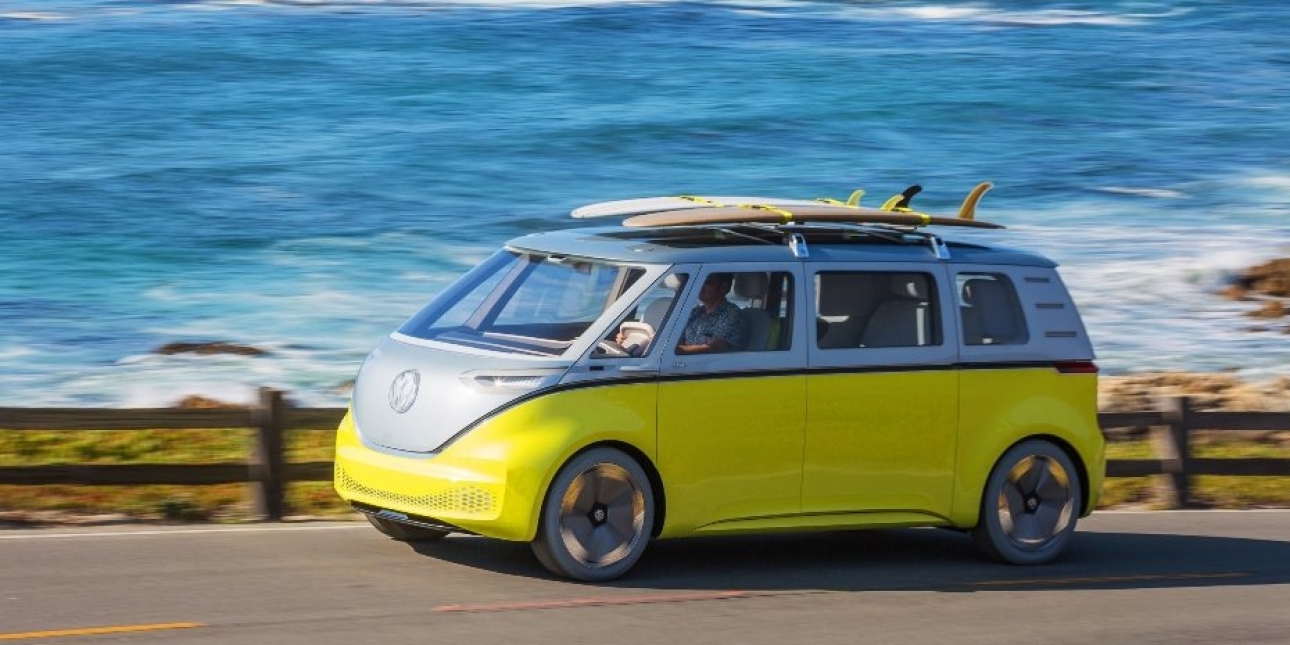PUBLIC RELATIONS
Thursday 13th June 2019
Why VW’s electric driving campaign is worth the risk
https://youtu.be/qEvNL6oEr0U
The ad is clearly intended to signal VW’s shift to electric driving, while drawing on the company’s glory days of the 1960s and 1970s. It is eye-catching, and feels honest and refreshingly unnostalgic.
It is also brave. For one, there are clear risks in framing the firm’s shift to electric through the prism of its diesel emissions fiasco. Purists might complain there is no apology – just as there was no apology in VW’s November 2015 goodwill marketing campaign.
Hello Light is no one-off, but is part of VW’s larger ‘Drive Something Bigger Than Yourself’ brand campaign that aims to press home it’s commitment to electric while drawing on its rich history.

Each court case will bring a rash of unwelcome publicity as old documents are raked over and new evidence comes to light. Much will hinge on the company’s rogue employee defence, which is looking increasingly brittle.
While risky, VW’s electric driving campaign is also strategically critical. Diesel sales have been dropping sharply.

Major cities are banning diesel cars in their centres. And several top auto manufacturers have promised to end production of the internal combustion engine. VW says its last generation of combustion engines will be launched in 2026.
In addition, the electric market is a challenging proposition thanks to new entrants such as Tesla and the relatively high cost of electric technologies, even if these costs are now starting to fall as volume increases.
Set against this background, VW’s electric driving campaign is worth the strategic and reputational risks.
Arguably, it should have been run sooner.
